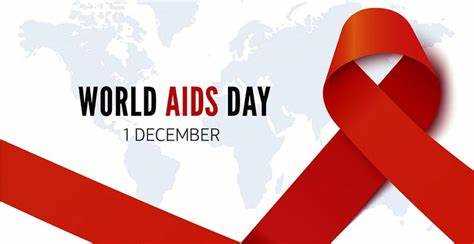
Bridget Mabanda
United Nations Zimbabwe Resident and Humanitarian Coordinator, His Excellency Edward Kallon has said the focus of the HIV prevention and treatment programmes are focusing on women and children who are often viewed as victims and as a result, men are receiving less attention in the epidemic and receive less targeted HIV prevention and treatment programmes.
In his remarks on the event to mark World Aids Day in Mashonaland East today, Kallon said critical actions should be considered to close the tap on HIV and Aids which include tackling the dangerous inequality on gender norms.
World Aids Day this year is being marked under the theme “Equalize”.
He, however said ensuring access to quality education for all to stem Aids enables girls to complete secondary and tertiary education, thereby reducing their vulnerability to HIV infection by up to 50 percent.
“The Our Rights, Our Lives, Our Future PLUS (O3PLUS) project co-convened by UN family, with governments, civil society, and international partners, is pressing leaders to ensure that young people to reach their full educational potential and contribute more effectively to the development of their countries and region as graduates, professionals, and young leaders,” he said.
Related Stories
He said here is need for more concerted efforts to deal with stigma so that the country meets the target of ending Aids by 2030.
“Upholding and promoting human rights for all can tackle inequality standing in the way of the end of Aids. The UNAids Global Aids Strategy (2021-2026) recognises Stigma and discrimination as a major cause of inequalities to access services,” Kallon said.
He said the Network of PLHIV (ZNNP+) has just completed a Stigma study which has highlighted that 69.7 percent of people living with HIV still experience various forms of stigma and discrimination compared to 65 percent in 2014.
Each year, on December 1, the world commemorates World Aids Day.
Zimbabwe has achieved the first and second 95 and is on track to achieve the third 95 with 95.6 -95.6 -93.2 because of good practices that have increased the uptake of HIV prevention, testing and treatment services.
Zimbabwe became the first country in Africa, and the third in the world behind Australia and the US, to approve CAB-LA, a long-acting injectable medication that prevents HIV and since 2010, in Zimbabwe new HIV infections have declined by 70 percent, from 75 000 to 23 000 in 2021.


















Leave Comments